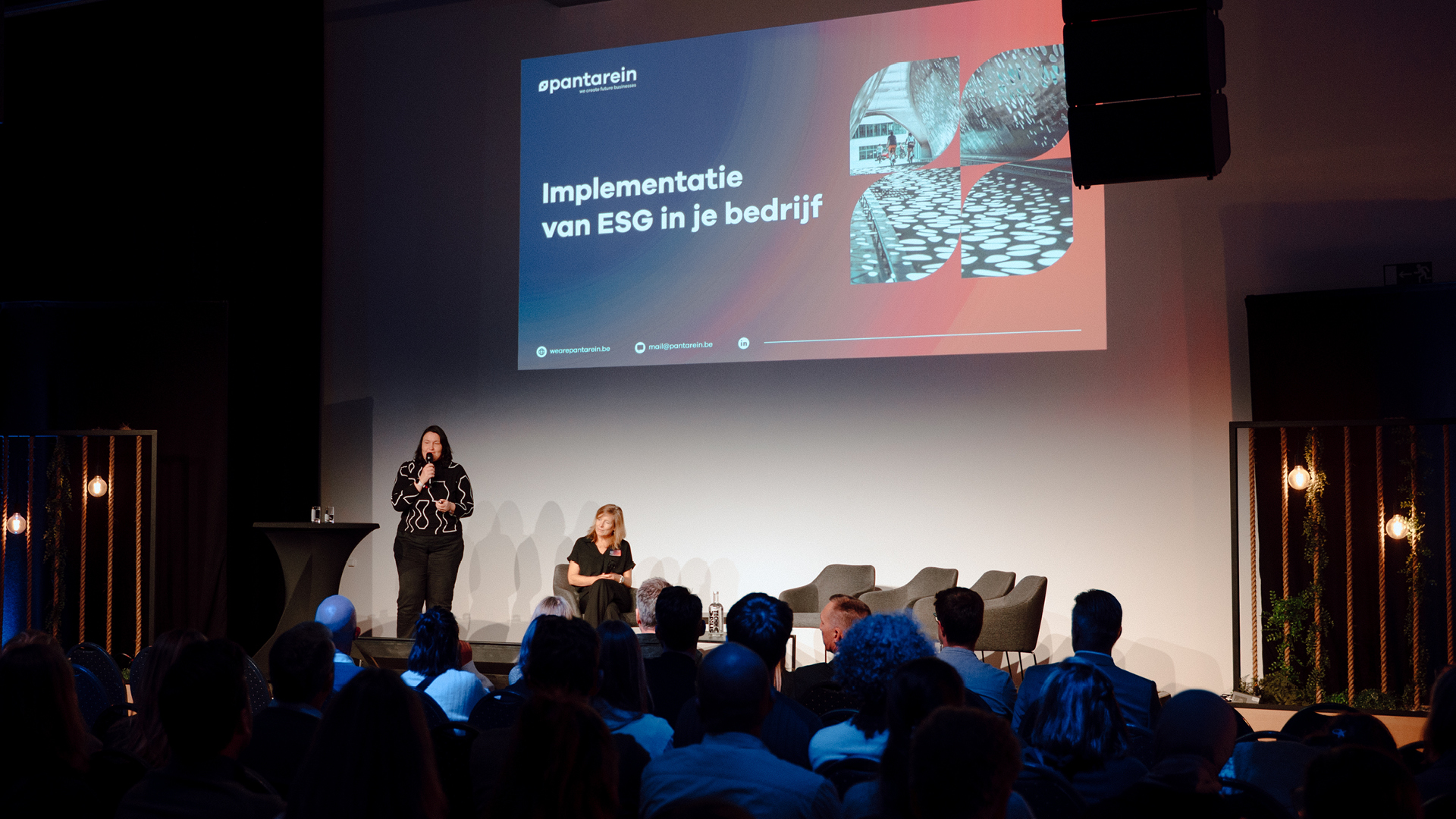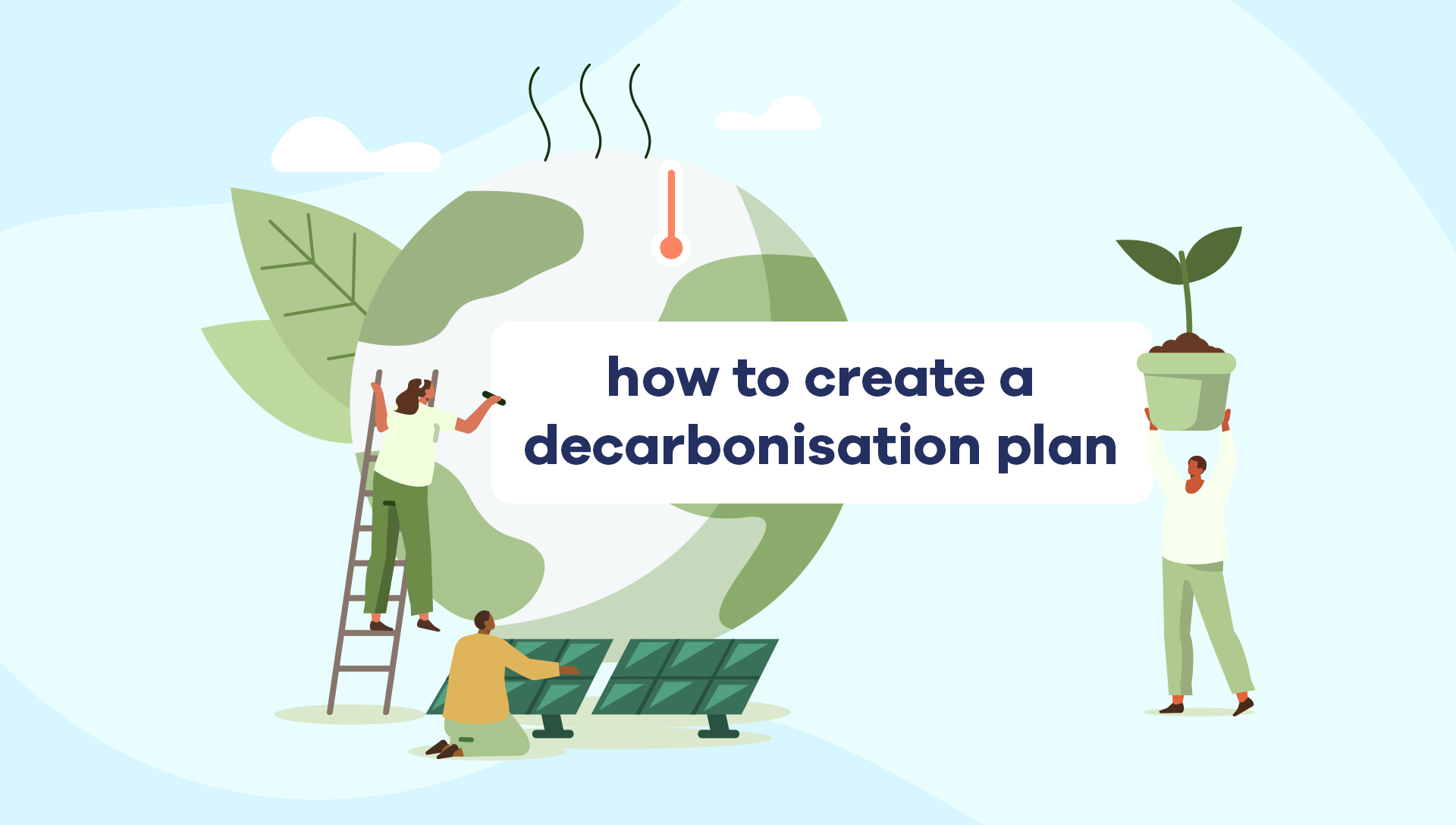
Why your business needs a climate risk analysis and climate adaptation plan
Climate change is no longer a distant future scenario, but a current business risk. Extreme weather events, stricter regulations and changing market expectations put pressure on the continuity and profitability of businesses. Companies that fail to understand their climate-related risks today risk making future strategic decisions based on incomplete or inaccurate information.

How to engage your suppliers in your CO₂ journey
For most companies, the bulk of their CO₂ footprint lies in scope 3 emissions. Reducing these emissions is only possible if you look beyond your own organization and actively engage your suppliers. After all, it’s in the value chain that you can make a real difference. In this Insight, we explain how to collaborate with suppliers in a structured way to achieve the greatest impact.

ESG in practice: Securex and ZOUTMAN share their experience
Any organisation that wants to embed sustainability into its operations faces two major challenges. First: how do you bridge the gap between ambition and tangible results? Second: how do you avoid sustainability becoming a separate, stand-alone track? Pantarein has developed a method to integrate ESG step by step and address both challenges. In this Insight, our clients Securex and ZOUTMAN explain that approach from their perspective, respectively in the service sector and the food industry.

Launching a workable EUDR process in 6 steps
As of 30 December 2025, large and medium-sized enterprises have been required to comply with the new European deforestation regulation (EUDR). This regulation obliges companies to demonstrate that the raw materials they use, and the products derived from them, are deforestation-free. In this Insight, we present our step-by-step plan for setting up a workable EUDR process.

How to prepare your organization for the EUDR
The new European Deforestation Regulation (EUDR) requires companies to demonstrate that their products are deforestation-free. The deadline for large companies is 30 December 2025, and for SMEs, 30 June 2026. Proper preparation takes time, and the obligations vary depending on the type of company. Pantarein has developed a tailored approach. Below, we explain what the EUDR entails, how our roadmap is structured, and why a customized approach makes all the difference.

Setting climate goals with the SBTi
The SBTi's science-based targets help organizations understand how much and how quickly they need to reduce their greenhouse gas emissions to avoid the worst effects of climate change. In this insight, we explore the key steps in that process, what committing to the SBTi entails, and the benefits it can bring.

Are you ready for the European Deforestation Regulation (EUDR)?
The clock is ticking for companies covered by the European Deforestation Regulation (EUDR). This new European legislation aims to combat global forest degradation by banning high-risk products linked to deforestation from the European market. Palm oil, soya, coffee, cocoa, timber, rubber, cattle and their derivatives are central to it. With the compliance deadline fast approaching – 30 December 2025 for large and medium-sized companies and 30 June 2026 for smaller businesses – now is the time to make sure your organization is prepared.

From risk to resilience: Why a climate risk analysis is essential for any forward-looking company
European and Belgian companies are increasingly feeling the impact of climate change. Extreme weather conditions, rising raw material prices, interrupted supply chains and stricter regulations all have direct financial consequences. Those who map the risks in time – both for production sites and in the value chain – can better anticipate, adjust their strategy, and strengthen their company’s resilience. But what exactly does a climate risk analysis entail? And how do you put it into practice?

How to create an effective decarbonisation plan
Our greenhouse gas emissions are changing the climate at a dangerous rate. This leads to more extreme weather events and loss of biodiversity. In turn, these evolutions pose increasing financial and health risks and disrupt value chains. Companies play a key role in addressing the climate crisis. By decarbonising their operations, they help stabilise the climate while also strengthening their position in a market that is moving towards a climate-neutral economy.

